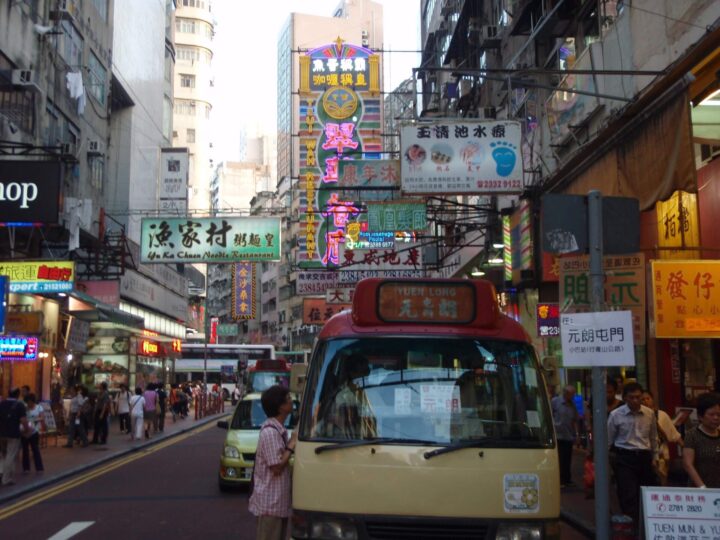The Privilege of Leisure Travel: A Better Approach

How can we change our approach? This post explores the whys and hows of travel in a global, historical context.
My Own Place in the History of Travel
Someone on Twitter recently shared this listicle from the Smithsonian Magazine on the top ten most influential travel books, from Herodotus’s Histories written in 440 B.C., to Marco Polo’s 13th century travelogue, to Jack Kerouac’s On the Road, published in 1957 about a group of friends hitch-hiking across the United States.
As I scrolled the list I noticed two things. All but two of the writers are men. All of them are of European descent.
Where do I, a Chinese immigrant woman living in the United States, locate myself in this storied history of travel? Today, as more of the world’s population joins the middle class and acquires enough disposable income to travel for leisure, the travelers you see are more diverse. In fact, Chinese tourists have become an ever-increasing segment of the traveling population in the past decade, known by many, ruefully, by their large gaggles streaming out of tour buses, matching bright caps, and uncouth sightseeing manners.
“I’m not like them!” is my first reaction to this popular perception of Chinese tourists. And yet, I do share the same desire, like all travelers, to see and experience new things, relax, and have a good time. I can’t shake the fact that travel, at least the leisure kind we like to do, is a privilege born of wealth, status, and living in a country with geopolitical power.
Subsistence farmers in Sudan don’t travel, unless it’s the unpleasant kind involving fleeing from war and famine, becoming a refugee, and living for years stuck in a refugee camp waiting to get relocated by the United Nations to a better-resourced place. Poor Salvadoreños don’t travel, unless they are so desperate to escape gang violence to risk their lives on the perilous journey “al Norte,” to arrive at the U.S.-Mexico border, where it’s still uncertain whether they’ll be able to enter the States.
A New Approach to Travel
These realities produce a sense of guilt that accompanies the privilege of being able to travel at will via climate-controlled airplanes lodging at well-appointed guesthouses I can afford. I am also aware that so much of what we now know as travel involves cultural appropriation, which author Michelle Reyes (in her book Becoming All Things) defines as taking elements from a subdominant culture without truly respecting and benefitting the people these cultural elements come from. Modern-day travel is inextricable from histories of imperialism, colonization, and theft and erasure of oppressed people groups’ cultural identities.
Modern-day travel is inextricable from histories of imperialism, colonization, and theft and erasure of oppressed people groups’ cultural identities.
So should I just stay home? No. I don’t think the answer is to stop traveling. (Though that would certainly reduce our carbon footprint. More on that in a later post.) But becoming aware of these larger (often exploitative) economies and histories that we are part of can help us travel in more conscious, respectful ways.
We can read books with our kids about those who are forced flee from their homes, making visible the other segment of the “world travelers”. (When Stars Are Scattered is an engrossing graphic novel I read recently with our seven-year-old about the experience of two Somali refugee brothers.) We can talk about colonial histories, and why it is that Americans and Europeans can go anywhere in the world but Venezuelans or Namibians can’t. We can stay in a place long enough to get to know the local people and their hopes, struggles, and needs, rather than sampling the surface-level “culture” through food and crafty souvenirs without truly relating to the people.
We can take the posture of students and pilgrims, rather than vacationers entitled to smooth transitions and easy enjoyment at every turn. As we change the narratives on why and how we travel, at least for ourselves and our children, I’m hoping that travel can become a transformative, life-changing experience, not just a two-week break from our everyday lives.



